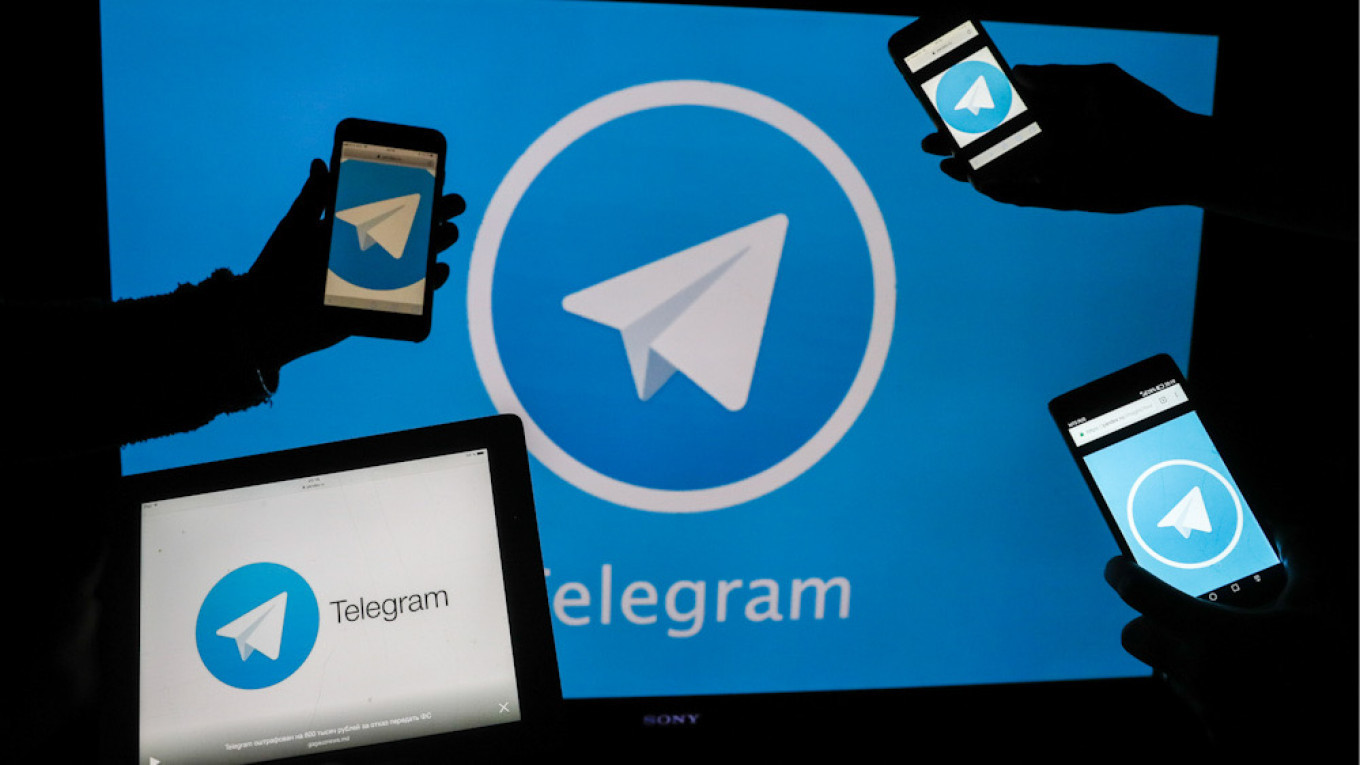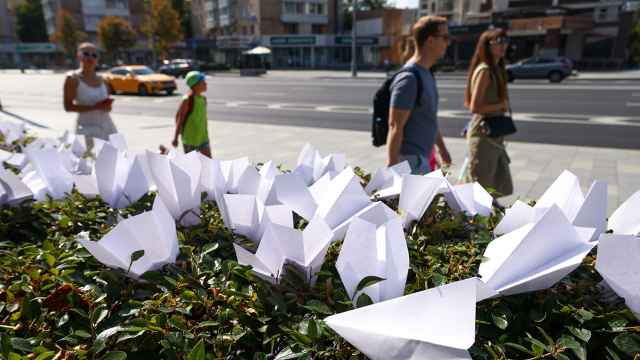Telegram has sold more than $1 billion in bonds to international investors, founder Pavel Durov announced Tuesday — with Russia’s state-run Direct Investment Fund (RDIF) now among the firm's backers.
Durov, who founded Russia’s leading social network VKontakte before launching messaging app Telegram, said the investment will “enable Telegram to continue growing globally, while sticking to its values and remaining independent.”
The investment comes after Durov scrapped a $1.7 billion Telegram blockchain project last year after the U.S. Securities and Exchange Commission (SEC) ruled the entrepreneur had raised funds through an illegal initial coin offering (ICO). He was forced to return more than $1 billion to investors who were asked to swallow a 28% loss on their initial investment.
RDIF did not take part in the initial bond auction, a Telegram representative told The Moscow Times. Instead, RDIF bought bonds worth around $2 million on the secondary market through its partnership with Abu Dhabi state fund, the Mubadala Investment Company, which invested a total of $75 million into the Telegram five year convertible bonds, which pay a 7% annual coupon.
“Russia's Direct Investment Fund is not on the list of investors we sold bonds to. We wouldn't be open to any transaction with this fund,” a Telegram representative told The Moscow Times.
“After Telegram completed the sale of bonds to investors, RDIF bought a small quantity of Telegram bonds in the secondary market.”
RDIF’s involvement caps a dramatic reversal in the Russian state’s approach to the messaging service. Authorities had previously waged a two-year war with Durov and Telegram in an unsuccessful attempt to block access over its refusal to provide encryption keys and backdoor access to user data.
Russian regulators proved technologically unable to stop Telegram operating in Russia, and even before the ban was lifted in a surprise move last year, the app was widely used by government officials, departments and state-run news outlets.
President Putin’s spokesperson Dmitry Peskov said Wednesday the RDIF investment was not a concern for the Kremlin, adding: “Any successful investment that makes money is welcome.”
Telegram founder and CEO Durov was born in St. Petersburg, but left Russia after being outmaneuvered from VKontakte in 2014 following a long-running battle with technology company Mail.Ru for control of the social network. He has since obtained Saint Kitts and Nevis citizenship through a golden passport investment scheme and focused on building the Telegram service, which prioritizes privacy and security.
“The end goal for Telegram is to become a financially sustainable project that can serve humanity for decades (or centuries) to come. Today's news is another step towards that goal,” he added in a statement on his Telegram channel.
RDIF is Russia’s sovereign wealth fund, and has invested billions in Russian technology companies over the last decade. It is also behind the development, production and international sales of Russia’s Sputnik V coronavirus vaccine.
A Message from The Moscow Times:
Dear readers,
We are facing unprecedented challenges. Russia's Prosecutor General's Office has designated The Moscow Times as an "undesirable" organization, criminalizing our work and putting our staff at risk of prosecution. This follows our earlier unjust labeling as a "foreign agent."
These actions are direct attempts to silence independent journalism in Russia. The authorities claim our work "discredits the decisions of the Russian leadership." We see things differently: we strive to provide accurate, unbiased reporting on Russia.
We, the journalists of The Moscow Times, refuse to be silenced. But to continue our work, we need your help.
Your support, no matter how small, makes a world of difference. If you can, please support us monthly starting from just $2. It's quick to set up, and every contribution makes a significant impact.
By supporting The Moscow Times, you're defending open, independent journalism in the face of repression. Thank you for standing with us.
Remind me later.






